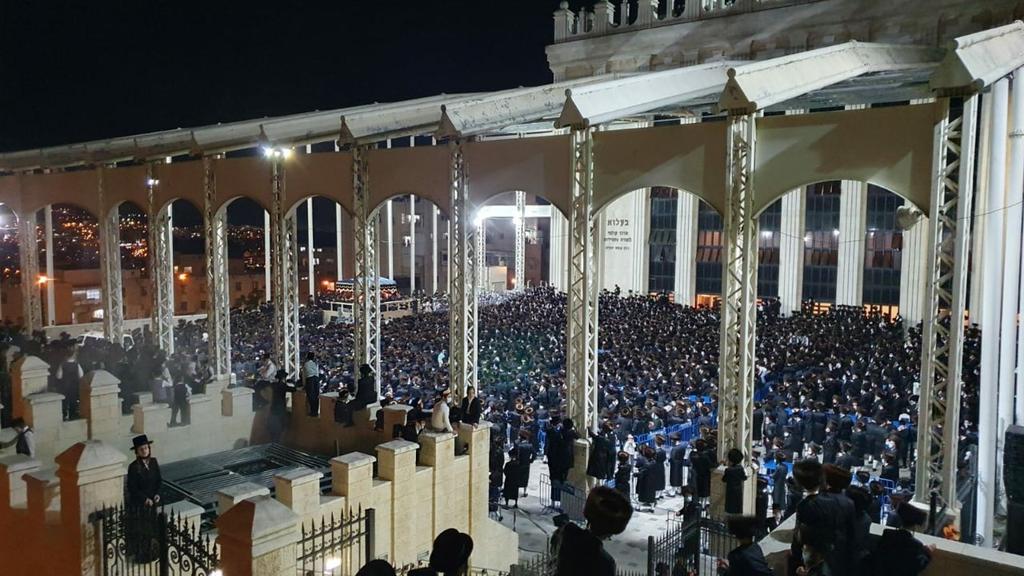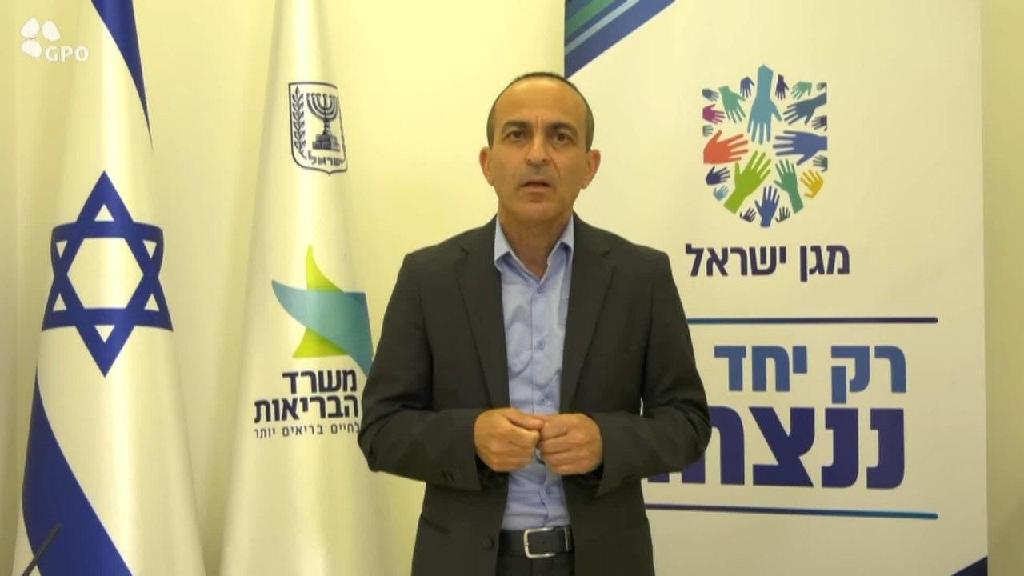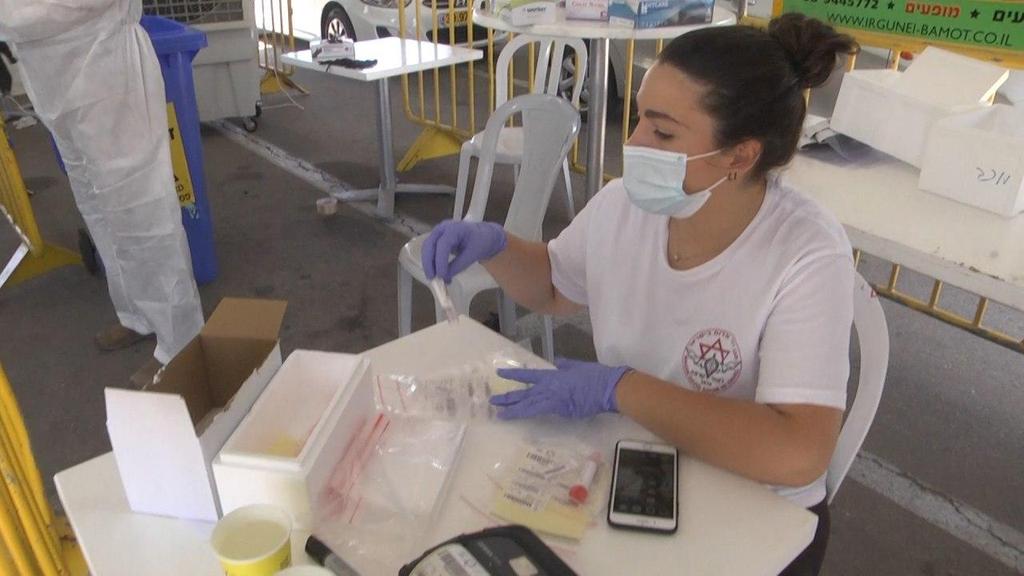Getting your Trinity Audio player ready...
Ministers on Sunday approved the plan proposed by coronavirus czar Professor Ronni Gamzu to combat the spread of COVID-19.
The coronavirus infection rate in Israel is among the highest in the world.
As of Sunday, the number of active cases in the country stood at 20,305, including some 900 patients in hospital. A total of 444 people are in serious condition, including 127 on ventilators.
Eight people succumbed to COVID-19 on Sunday, bringing Israel's death toll from the disease to was at 919.
The plan, nicknamed the "traffic light model," will include dividing the country by 250 local and regional councils with each locality defined by a color ranging from Green for low morbidity to Red with high rates of infection.
The designation of color would be decided based on the number of new cases for every 10,000 residents per week, the increase of patients per week, the number of positive test results each week.
The designation of color would be in place for a two-week period before being reevaluated according to the increase or decrease of cases and would determine the level of commercial, educational and cultural activity permitted.
In red zones gatherings of more than 10 people indoors and 20 outside would be forbidden. The restriction would apply to prayers during the High Holidays as well.
Orange zones would have a restriction of no more than 25 people indoors and 50 outdoors. Restaurants or other businesses would be able to allow up to 40% capacity.
Yellow zones would allow 50 people indoors and up to 100 outdoors or a 60% capacity in places of business.
In Green zones congregation indoors would be allowed for up to 100 people indoors and 250 outdoors with up to 80% capacity.
Cultural events in both yellow and green zones would be allowed for up to 500 people in venues that can separate audiences into groups using separate entrances.
The cabinet was unable to reach an agreement on in-school learning in red zones with Education Minister Yoav Galant insisting the school year begin as planned on Tuesday while Gamzu warned it would cause mass contamination and must be suspended.
Local government will be responsible for much of the response and will be assisted by the IDF Home Front Command.
The plan had been rejected by ministers three times before being approved mostly because of the ultra-Orthodox ministers who were concerned their electorate would be under severe restrictions due to the consistent rise in confirmed coronavirus cases.
3 View gallery


Thousands participate in a wedding in the Hasidic community in Jerusalem earlier in the month in violation of health directives
(Photo: JDN)
Ministers were briefed on the increase in morbidity in recent months as health experts warned of the concerning trajectory.
While the possibility of a nation-wide lockdown over next month's Jewish High Holidays has not been taken off the table, ministers and health officials said they hoped such steps would not be implemented.
And although the number of cases is not expected to drop substantially in the first two weeks of the plan's implementation, there is optimism it will bring about a reduction in contagion rates.
First published: 21:27, 08.30.20



